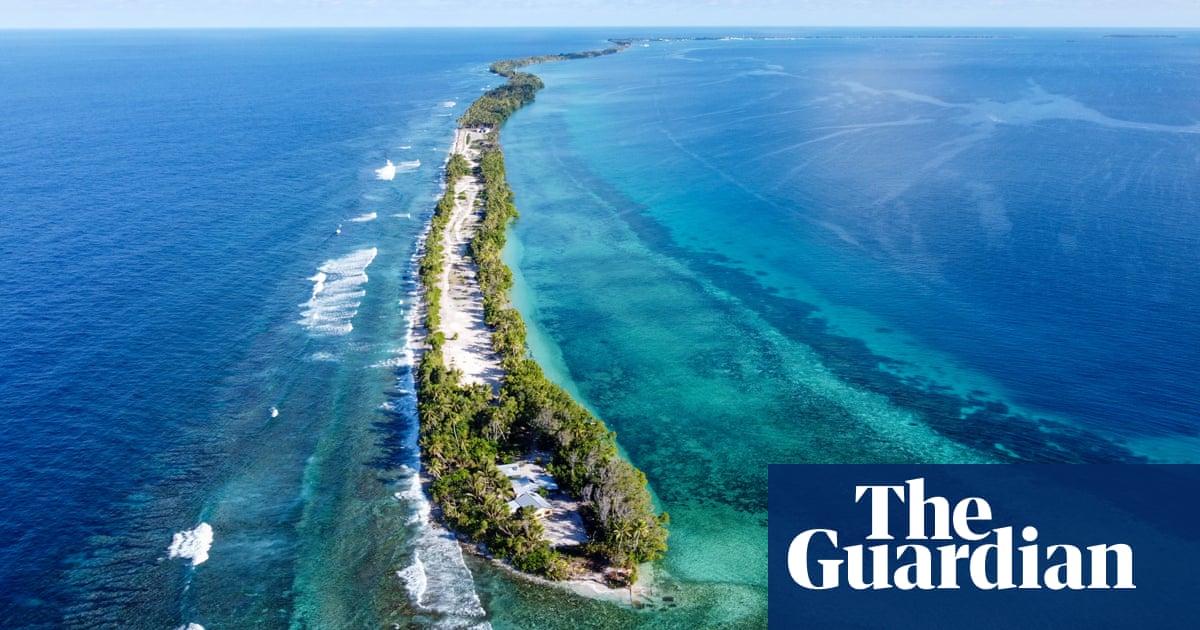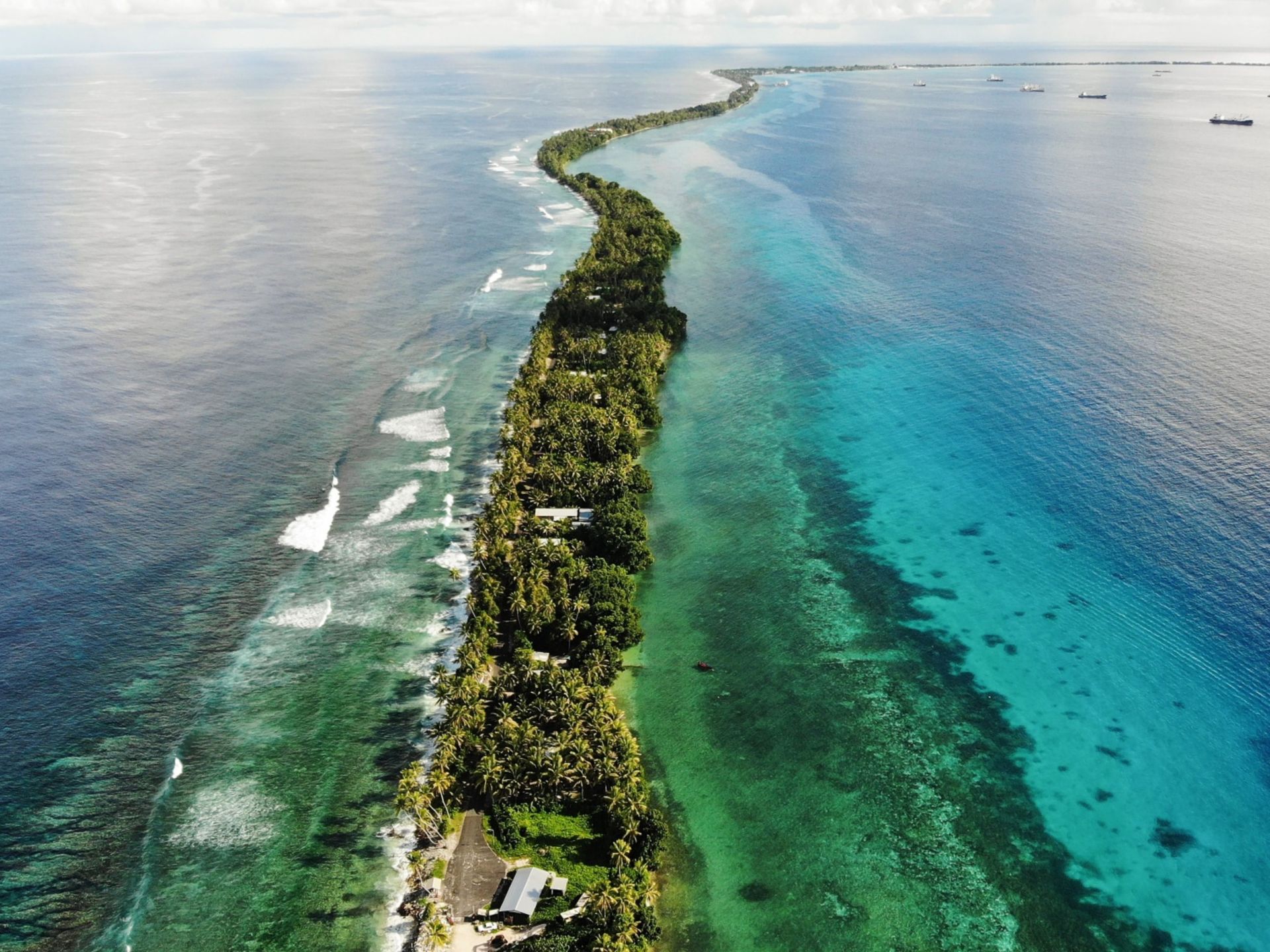
Tuvalua, a small island nation in the Pacific Ocean with around 11,000 people and rising sea levels that pose an existential threat to the country. The January election was closely watched by China and Taiwan as Tuvalua is one of only 12 countries that formally recognize Taiwan. During the campaign, then-Finance Minister Seve Paeniu suggested reviewing ties with Taipei and Beijing after Nauru severed diplomatic ties with Taiwan in favor of China. The new government has assured Andrew Lin, Taiwan's ambassador to Tuvalua, that their relationship is rock solid and durable. A deal was reached last November between Tuvalua and Australia for the latter to vet security-related agreements while allowing citizens threatened by rising seas to migrate to Australia.

